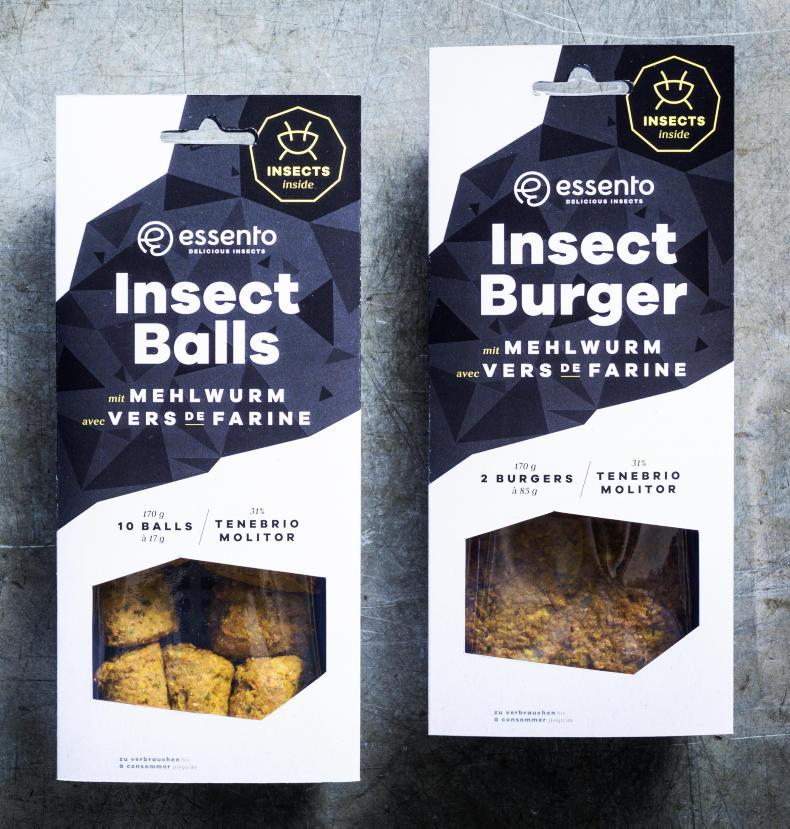Farmers and processors planning to launch new species or production processes in the EU are now regulated by so-called novel food legislation, which became effective on 1 January.
A novel food is a product that was not consumed widely by humans in the EU before 15 May 1997. Examples include new species such as insects, new extracts from existing food such as krill oil or new processing technologies such as UV-treated milk.
Novel foods are now approved centrally by the European Commission following a safety evaluation by the European Food Safety Authority. Once a novel food is added to the EU approved list, any producer can sell an identical product anywhere in the EU provided they follow its conditions of use and labelling requirements.
Innovators, however, will have an option to get an individual authorisation for five years to protect their invention.
Deadlines
Foods historically eaten outside Europe will be fast-tracked for approval if no EU member state objects. The procedure includes deadline for approval or rejection by the authorities, providing more certainty for producers.
“We are particularly pleased with the introduction of simplified and harmonized rules to regulate what constituted so far a ‘grey area’ from a legal perspective,” said Antoine Hubert, president of the International Platform of Insects for Food and Feed industry body.
The group added that several of its members had applications ready for submissions on insect-based foods.
Read more
Insect burgers hit Swiss supermarket shelves
Watch: forget about spuds, would you eat jellyfish crisps?
Farmers and processors planning to launch new species or production processes in the EU are now regulated by so-called novel food legislation, which became effective on 1 January.
A novel food is a product that was not consumed widely by humans in the EU before 15 May 1997. Examples include new species such as insects, new extracts from existing food such as krill oil or new processing technologies such as UV-treated milk.
Novel foods are now approved centrally by the European Commission following a safety evaluation by the European Food Safety Authority. Once a novel food is added to the EU approved list, any producer can sell an identical product anywhere in the EU provided they follow its conditions of use and labelling requirements.
Innovators, however, will have an option to get an individual authorisation for five years to protect their invention.
Deadlines
Foods historically eaten outside Europe will be fast-tracked for approval if no EU member state objects. The procedure includes deadline for approval or rejection by the authorities, providing more certainty for producers.
“We are particularly pleased with the introduction of simplified and harmonized rules to regulate what constituted so far a ‘grey area’ from a legal perspective,” said Antoine Hubert, president of the International Platform of Insects for Food and Feed industry body.
The group added that several of its members had applications ready for submissions on insect-based foods.
Read more
Insect burgers hit Swiss supermarket shelves
Watch: forget about spuds, would you eat jellyfish crisps?






 This is a subscriber-only article
This is a subscriber-only article










SHARING OPTIONS: